I wrote this article in Japanese and translated it into English using ChatGPT. I also used ChatGPT to create the English article title. I did my best to correct any translation mistakes, but please let me know if you find any errors. By the way, I did not use ChatGPT when writing the Japanese article. The entire article was written from scratch by me, Saikawa Goto.
Introduction
Movies and books covered in this article

Three takeaways from this article
- I believe that “asserting ‘it is right'” in any situation is just a “lack of intelligence/imagination”.
- Before declaring something as “right”, we should first confirm if there is a framework of “rightness” in place.
- Why was the captain suspected that he should have been able to return to the airport?
Self-introduction article


Published Kindle books(Free on Kindle Unlimited)
“The genius Einstein: An easy-to-understand book about interesting science advances that is not too simple based on his life and discoveries: Theory of Relativity, Cosmology and Quantum Theory”
“Why is “lack of imagination” called “communication skills”?: Japanese-specific”negative” communication”
The quotes used in this article are based on notes taken at the movie theater from movies in Japanese and are not direct quotes from the foreign language original movies, even if they exist.
“Correctness” changes depending on “who believes how.” In a society dominated by “atmosphere,” how should we live?
Using the Word “Correct” is Very Difficult
We live in a society where “atmosphere” decides good and evil. This point was discussed in detail in an article in the book “Les lecons du Japon,” which analyzed Japanese society compared to the author’s home country, France (For more information, read the following article).

In Western countries like France, it’s said that “you should follow the rules that are explicitly stated, but beyond that there are no constraints.” Even if they cause scandals such as adultery or prostitution, it seems that there is no impact on TV or entertainment industry. If they do something that violates the law, they will of course be punished, but if it does not violate the law, it is perfectly acceptable, even if it is ethically wrong.
This is not the case in Japan. This is because even things that are not explicitly stated as rules are determined by whether they are allowed or not allowed by the “social atmosphere.” Even if it does not violate the law and there are no direct victims who say anything, society will still be angry and condemn it.


Of course, not all matters in the world are covered by legal provisions. So, I don’t think it’s right to think that “you can do anything as long as you don’t break the law.” However, there are many times when I wonder, “Why is the internet blowing up over something like this?” To me, it seems like everyone is staying within their own framework of “rightness” and waving their personal “justice” around. In this day and age, even the most minor claims can find a certain number of supporters online. I think the sense of security that “there will always be people who support whatever claim we make” is also a factor that contributes to the current situation.

I feel really uncomfortable living in a world like this.
I believe that we need to start with the stance that “what is considered ‘right’ varies from person to person” in order to make any progress. No matter what the situation is, claiming that “what I’m saying is the only correct answer” or “there’s no way my ideas are wrong” is nothing but dictatorship and cannot be called a democratic attitude.
There are “rightnesses” in the world that are different from what I consider “rightness”, and I cannot tolerate them, but I will not exclude them either. I don’t think that human coexistence can be achieved unless everyone thinks like that.
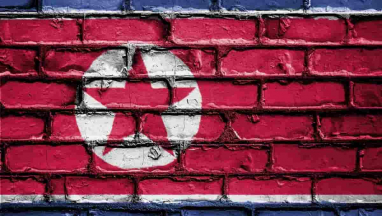
That’s why I try to use the word “right” very carefully. In the first place, I try not to use it as much as possible, and when I do use it, I try not to be conclusive, saying things like “It’s right under XX conditions” or “This is probably right.”
In Japan, the word “RONPASURU” (to win an argument outright) is commonly used, and I think people who assert without obscuring the conclusion tend to appear as “competent people” even in presentations and on YouTube. However, I still dislike it. If you are aware of the distinction and deliberately choose to “assert” as a strategy, that’s fine, but I can’t like people who think that “asserting is more important than anything else” and behave that way.
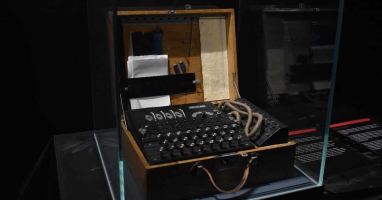
I judge people who confidently assert things and use the word “correct” without hesitation as “lacking imagination”. That’s because they have a narrow perspective and only see a small part of “rightness”. I feel that thinking that the “rightness” they see is all there is to “rightness” shows a lack of intelligence. I believe that true intelligence and imagination lie in thinking that there must be something else that they can’t see.

I can only think that someone who asserts that something is “correct” or decides that something is “incorrect” is exposing their own lack of intelligence and imagination. In a book I read before, there was a suggestion to talk in terms of “like/dislike” rather than “good/bad”, and I really feel that way. “Good/bad” is about “rightness”, but “like/dislike” is only about personal preference. Rather than a strict perspective of “right or wrong”, I think the carefree of “expressing one’s own feelings” is necessary in this day and age.
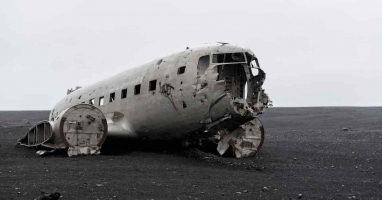
Of course, those with expertise should speak in “correct/incorrect” and there may be other situations where a “good/bad” exchange is more appropriate. But if that’s not the case, I even feel that it would be good to seal the words “right” and “wrong” in daily life.
And I believe that only when everyone takes that stance can we have an outline discussion about “what is defined as ‘right’ as a consensus of society.” To talk about “rightness” without defining the framework of “framework of rightness” is the height of folly.
Before saying “right/wrong”, it is better to first consider whether there is a proper framework for defining it. It is too unfortunate to talk about “rightness” without a framework and only expose the lack of intellect and imagination.

Content Introduction
Based on the actual accident that landed on the Hudson River after being hit by a bird strike, this is a shocking true story. The captain saves the crew and passengers, and becomes a hero overnight, but then, he is under suspicion.

On January 15, 2009, Captain Sully of an Airbus A320 faced a disaster in which a flock of birds crashed into the plane causing both engines to fail. He quickly assessed the situation, drew on his over 40 years of experience, and reached one conclusion: an emergency landing on the Hudson River.


Despite knowing that landing a plane on a river was quite dangerous, Sully had no other options. There was no time to return to the airport, and hesitating could result in a collision with a New York skyscraper. He carefully chose a location and skillfully controlled the Airbus to land on the water. All 155 crew and passengers were safe.
However, this is where everything begins.
Sully, who became known as a hero, was questioned by the NTSB (National Transportation Safety Board) about his and the co-pilot’s decision-making. They questioned whether there were any other options besides landing on the Hudson River, and if they could have returned to LaGuardia Airport instead. Although Sully naturally considered this option, he judged it to be impossible due to various circumstances.

However, the NTSB does not attempt to remove suspicions that Sully unnecessarily sank the aircraft and further endangered the lives of the passengers by choosing to make an emergency landing on the Hudson River. The NTSB intends to reach a conclusion based on computer simulations and expert knowledge.
For over 40 years, despite carrying many passengers, everything is judged by a decision made in just 208 seconds.
Did Sully really have the option to return to the airport, or did he have to choose to make an emergency landing on the Hudson River?

Impression
Now, let’s delve into the contents of the movie without worrying about spoilers to discuss what I want to write about. If you haven’t seen the movie yet and want to watch it without knowing the plot, it’s better not to read the following.
In the end, Sully’s judgment was recognized as correct because he pointed out the flaws in the computer simulation. The NTSB conducted a simulation that reproduced the situation Sully and his crew were in and showed a plan that said, “they could have returned to LaGuardia Airport with these procedures.” However, there was a problem with the assumptions in the simulation, and Sully’s suspicion was dispelled by pointing it out.

For now, it’s great that things ended up not going too badly for Sully.
However, while watching the movie, I felt that even if Sully couldn’t point out the flaws in the simulation, his judgment should still be considered “correct.” Even if it were true that they were in a situation where they could have returned to LaGuardia Airport, my opinion would not change.
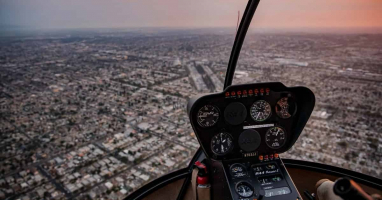
The reason for this can be summarized by these words spoken by the co-pilot:
This is not a video game. It’s a matter of life and death.
The one holding the control of the plane with a failed engine and 155 lives at stake is the captain. From sensing the trouble to making an emergency landing, it took only 208 seconds. It is about the time it takes to wait for a cup of ramen. During that time, they had to make all the situational judgments, perform difficult maneuvers, and make the impossible possible.
So even if there were errors in the judgment made during those 208 seconds, why should they be blamed for it? That’s what I think.
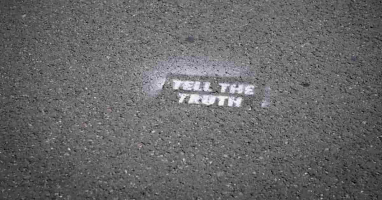
To avoid any misunderstandings, let me repeat that Sully did not make any wrong judgments in the end. He accurately assessed the situation in a short amount of time and made the only decision he could. But I believe that even if it were not, i.e., the result of a bad decision, he should not be condemned.
Of course, if the judgment was wrong, it would be necessary to investigate the truth in order to use it for future reference, and manuals and the like would need to be improved. However, that is “constructive cooperation for the future,” and I don’t think there is any value in condemning the past.

In the movie, the NTSB is completely suspicious of Sully as the “villain.” Of course, I can understand the position of the NTSB to some extent. Although it is not detailed in the film, I believe they have circumstances that make them suspicious of Sully, such as removing obstacles to claiming the loss of the aircraft to the insurance company, or avoiding setting a bad precedent by overlooking an act that defies normal procedures.
However, even so, the NTSB is directing too much suspicion towards Sully. I cannot accept that attitude. While it is possible that this is a cinematic dramatization, I also feel that it could actually happen.


In the beginning of this article, I wrote that it is important to have a framework of “rightness”. Following that logic, I would feel that “I would want the side on which one own or others’ lives are at stake to be judged ‘right'”. Of course, if there is clear wrongdoing or a mistake, that’s a different story. However, in this movie, the biggest reason why Sully is suspected is because of a computer simulation. They say, “According to the simulation, you could have returned to the airport. Therefore, your decision was wrong.”
That would be just like “cheating” anymore.
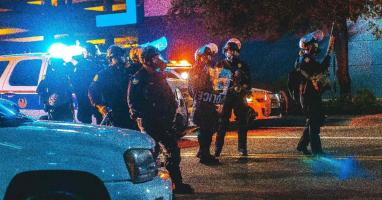
If they only believe in simulations, then they should stop putting humans in the cockpit and have everything controlled by computers. However, that is currently impossible in reality. So if humans are in charge, we should value the words of those who confront the situation at the risk of their own lives, not simulations. This is the “framework of ‘rightness'” that I believe in.
How do you feel about it?
Conclusion
If people like Sully are not properly rewarded for doing the right thing, “goodwill” and “justice” will gradually fade away, and as a result, society will become even more suffocating. In order to maintain a society in which we ourselves can live comfortably, we must maintain the “framework of ‘rightness'” in an appropriate way.

I also think that it is a movie that strongly reminds us of that.

Published Kindle books(Free on Kindle Unlimited)
“The genius Einstein: An easy-to-understand book about interesting science advances that is not too simple based on his life and discoveries: Theory of Relativity, Cosmology and Quantum Theory”
“Why is “lack of imagination” called “communication skills”?: Japanese-specific”negative” communication”

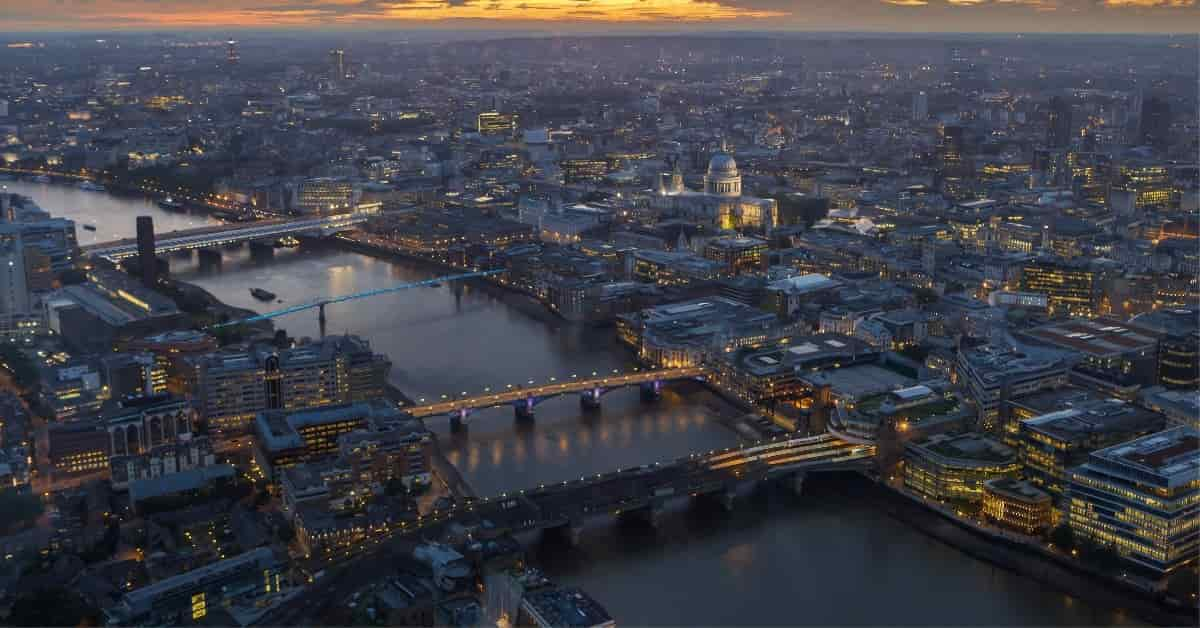





コメント